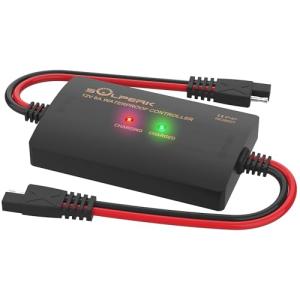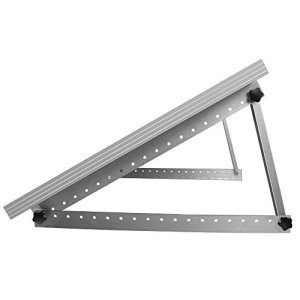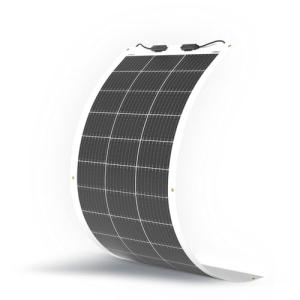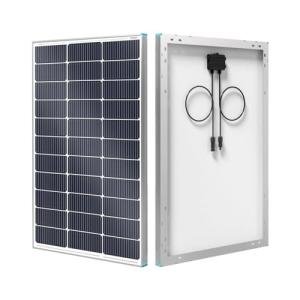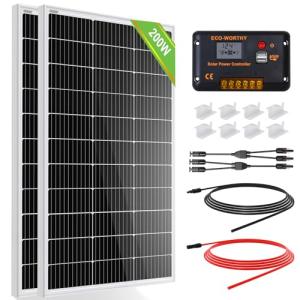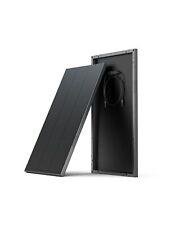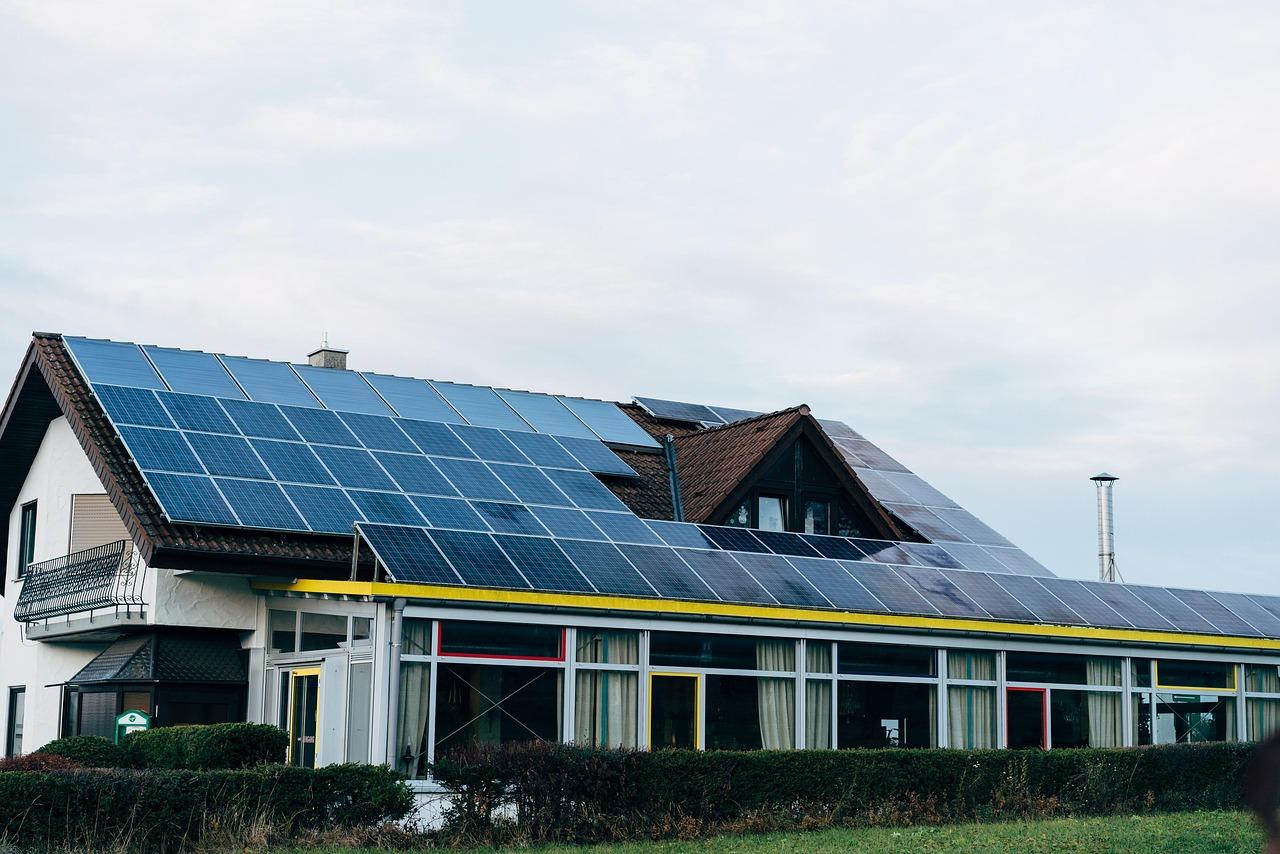When it comes to solar panel cost, it’s important to break things down so you know what you’re really paying for. Usually, the major expenses include the panels themselves, installation, permits, and sometimes additional equipment like inverters or batteries.
The cost of solar panels can vary quite a bit based on things like brand and quality. You’ll find lower-end options that might save you some cash upfront, but they might not last as long or provide as much power. Investing in reliable panels from trusted brands can lead to better efficiency and longer warranties, which means more value in the long run.
Installation is another big part of the solar panel cost. It’s not just a simple plug-and-play situation. You might need a professional to ensure everything’s set up correctly, especially if your roof has unique features. This could add a few hundred to a couple of thousand dollars to your overall cost, depending on the complexity of the job.
Don’t forget about permits! Many areas require permits before installation, which can come with their own fees. These costs can vary widely, so check with your local government to get an idea of what to expect.
Finally, think about any extra equipment. A good inverter is necessary to convert the energy your panels generate into usable electricity. If you want to store energy for nighttime use, battery systems can be a significant investment too. Keep all these factors in mind when you’re figuring out the total solar panel cost. Now you're ready to make a smart choice!
Factors That Impact Pricing
When it comes to understanding solar panel cost, several factors come into play that can really affect how much you’ll end up spending. Let’s break it down in a way that makes sense.
First up, the type of solar panels you choose matters a lot. There are mainly three types: monocrystalline, polycrystalline, and thin-film. Monocrystalline panels tend to be the most efficient and space-saving, but they usually come with a higher price tag. Polycrystalline panels are a bit more budget-friendly while still getting the job done, and thin-film panels are often the cheapest but might require more space for the same amount of energy.
Next, your location plays a huge role in solar panel cost. If you live in a sunny area, you'll benefit more from solar energy, which can sometimes lead to lower prices due to higher demand. Installation costs differ depending on where you are, so it’s a good idea to check local rates and incentives.
Don’t forget about installation! The expertise of the installer can impact your overall solar panel cost. You might find lower rates with less experienced teams, but a skilled installer can ensure your system runs efficiently for years. It’s wise to balance cost with quality here.
Lastly, keep an eye on government incentives and rebates. Many areas offer tax credits or financial support for going solar, which can significantly lower your overall costs. Taking advantage of these programs can lead to big savings in your journey to harnessing solar energy.
SOLPERK 8A 12V Waterproof Solar Charge Controller
Keep your solar setup running smoothly and efficiently with this reliable waterproof charge controller
Product information
€25.37 €14.43
Product Review Score
4.25 out of 5 stars
145 reviewsProduct links
Long Term Savings with Solar
Thinking about switching to solar? One of the best parts about solar panels is the long-term savings they bring. Sure, there’s an upfront cost, but let’s break down how those solar panel costs can lead to serious savings down the road.
First off, with solar, you’re tapping into a free energy source: the sun! Once your system is installed, the electricity generated is basically yours to use without paying those rising utility bills. The savings can really stack up, especially if you live in an area with high electricity rates. Over the years, those savings can help offset the initial solar panel cost significantly.
Tax credits and incentives make going solar even sweeter. Depending on where you live, you might qualify for federal tax credits, state rebates, or local incentives. These can cut down on your solar panel cost right off the bat, meaning you’ll start saving money and energy sooner than you think.
Don't forget about increased home value! Homes with solar panels often sell at a premium compared to those without. If you decide to move, you could see a good return on your investment. That’s extra cash in your pocket, all thanks to the decisions you made about solar panel costs!
Renogy 28-Inch Adjustable Solar Panel Mount Brackets
Easily secure your solar panels with these versatile and sturdy mounting brackets
Product information
€61.57
Product Review Score
4.91 out of 5 stars
36 reviewsProduct links
Choosing the Right System for You
Picking the right solar panel system can feel a bit overwhelming, but it doesn’t have to be. Start by figuring out how much energy you actually need. Grab your electricity bills from the past few months and take a good look at your usage. Understanding this will help you choose a system that fits your lifestyle and budget.
Next, consider the size of your roof and how much sun it gets. If you have a big roof with plenty of sun exposure, you can go for a larger system to produce more energy. But don’t worry if your space is limited; there are plenty of compact options that work well in smaller areas. Just make sure to check out how shading from trees or structures might affect your solar panel performance.
When it comes to solar panel cost, it’s essential to think about the long-term savings you’ll gain. Look for local incentives or tax credits that can help reduce your upfront investment. Some systems may cost a bit more initially but could save you a lot on your electric bill in the future. Be sure to ask for quotes from different providers; prices can vary widely.
Lastly, don’t forget about warranties and customer support. A system with a solid warranty means you can have peace of mind if something goes wrong. Look for companies that have responsive customer service, just in case you need help after your installation. With the right info and a bit of research, you’ll make a smart choice that’ll benefit you for years to come!

